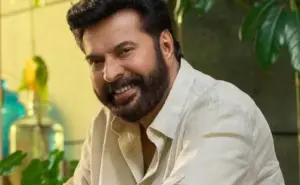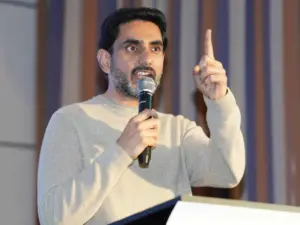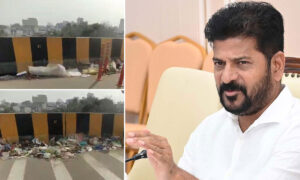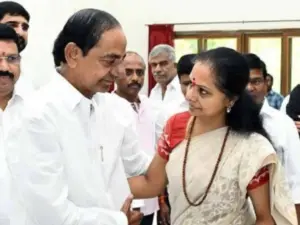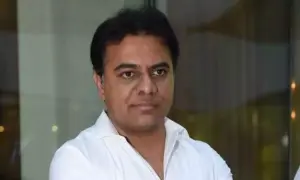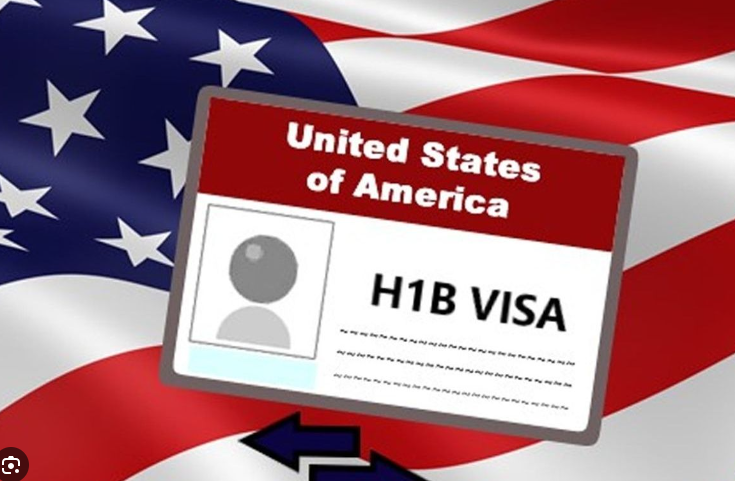
Highly skilled professionals working in the United States under the H-1B visa program will soon have the ability to renew their visas without needing to leave the country. This significant policy change is expected to benefit hundreds of thousands of professionals, particularly from India, who are employed in specialized fields.
This initiative follows a successful pilot program conducted by the U.S. Department of State last year. The pilot program, which included around 20,000 eligible participants, tested a more efficient, U.S.-based visa renewal process, as outlined in the Federal Register.
The success of the pilot has paved the way for the introduction of a formal U.S.-based renewal system, eliminating the need for visa holders to travel back to their home countries for renewal stamping. This marks a significant shift from the previous process, which required time-consuming and costly trips abroad, often involving long wait times for visa appointments. These challenges created substantial disruptions for H-1B professionals.
The new system aims to simplify and accelerate the renewal process, addressing a long-standing concern of H-1B workers. This change is particularly impactful for the majority of visa holders, many of whom are Indian nationals.
In a recent statement, the U.S. Department of State confirmed that the pilot program allowed numerous specialty occupation workers to renew their visas domestically. This streamlined approach significantly reduced delays and inconveniences. The Department is now working toward officially launching the U.S.-based renewal program by 2025, further enhancing efficiency for thousands of applicants.
Although the new H-1B visa renewal process is expected to begin this year, an official start date has yet to be announced.
This policy update comes amidst ongoing discussions about the impact of the H-1B program on the U.S. job market. Critics, particularly from right-leaning groups, have called for the program’s termination, claiming that H-1B workers “take away American jobs” and pose a threat to domestic economic interests.
However, notable figures like former President Donald Trump, Elon Musk, and Vivek Ramaswamy have expressed support for the H-1B program. They emphasize its importance in attracting top global talent, which is vital for maintaining the United States’ leadership in technology, research, and healthcare. “America needs talented people,” they have consistently argued.
Indian nationals form the largest group of H-1B visa holders worldwide, predominantly employed in technology, healthcare, and research fields. According to 2022 data from the U.S. State Department, 77% of the 320,000 H-1B visa applications approved that year were granted to Indian nationals. By 2023, Indian professionals accounted for over 72% of the 386,000 issued visas.
India also leads in student visa statistics, with 331,000 Indian students pursuing higher education in the United States in 2024 alone. This represents the largest number of international students from any single country.
The U.S. State Department has also reported a significant rise in Indian visitor numbers in recent years. In the first 11 months of 2024, over two million Indians traveled to the United States, marking a 26% increase compared to the same period in 2023. Visitor numbers from India have surged fivefold in the past four years.
The newly announced H-1B visa renewal policy is anticipated to further strengthen India-U.S. relations while offering much-needed relief to Indian professionals working in the United States.
Recent Random Post:

